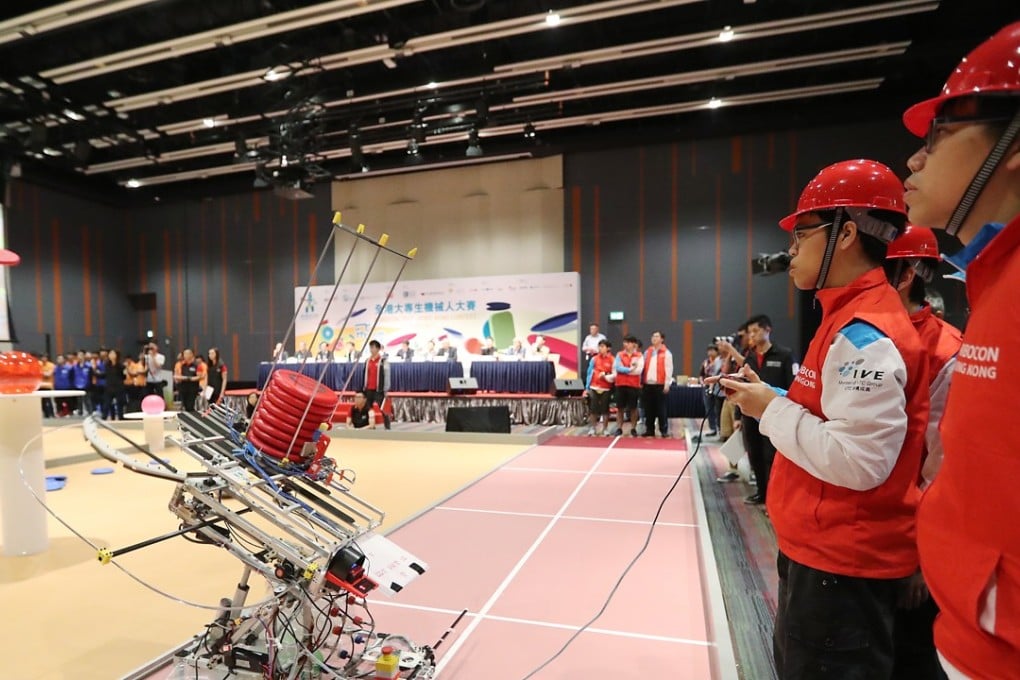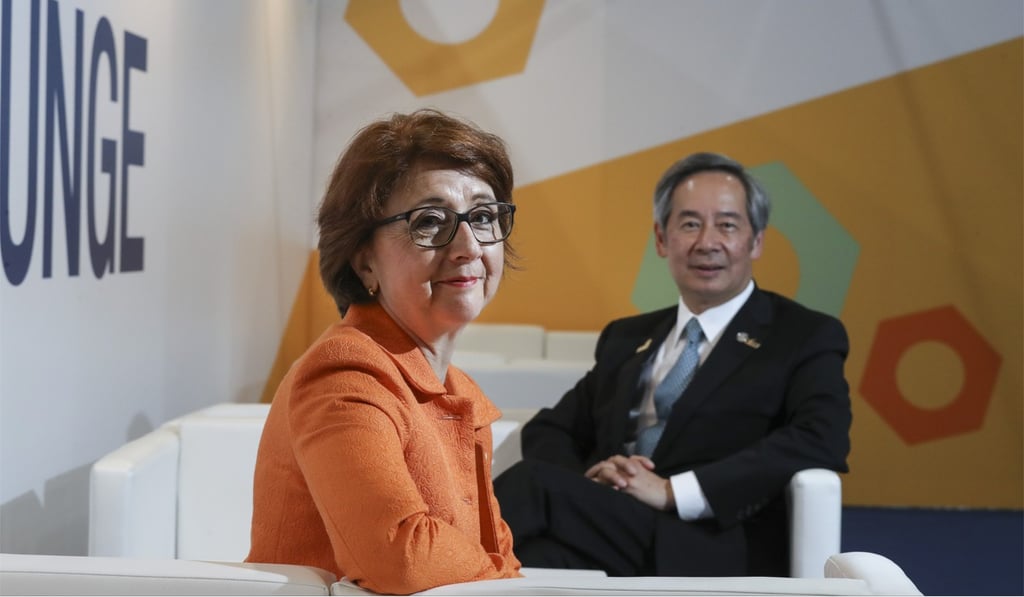How vocational education and training are grooming a generation of professionals in Hong Kong
Carrie Yau says it’s important to change the mindsets of parents and educators who see vocational training as ‘blue-collar’ education. In fact, it plays a vital role in Hong Kong’s development, and more is now being done to increase the academic opportunities for students who choose this path

First, we need to change the mindset of parents and educators who wrongly perceive vocational training as “blue-collar” education for less-talented students with limited career prospects. To change this perception, we have rebranded technical and vocational education and training as “vocational and professional education and training”. We wish to hammer home the word “professional”.

Hong Kong’s Vocational Training Council wants to help you earn while you learn
We are grooming a generation of professionals conversant not only with trade skills but also soft skills (that is, people skills). They are critical thinkers, problem solvers and design thinkers. The council has devoted significant efforts to promoting vocational and professional education through publicity campaigns, school outreach activities, forums and seminars, targeting local and international educators, plus skills competitions and events.
Third, a look at Hong Kong’s dual-track vocational education is in order. Making reference to the international best practices of Swiss and German models, we introduced the Earn & Learn Scheme in 2014 for secondary school leavers, with support from government and industry, which provides an opportunity to follow a well-defined path for higher qualifications. By integrating structured classroom learning with on-the-job training, young people can put learning into practice in a work setting. Following positive feedback, the scheme has been extended to cover 10 industries and trades. We plan to further develop the dual-track model to degree level, ultimately achieving dual-track learning for all.

